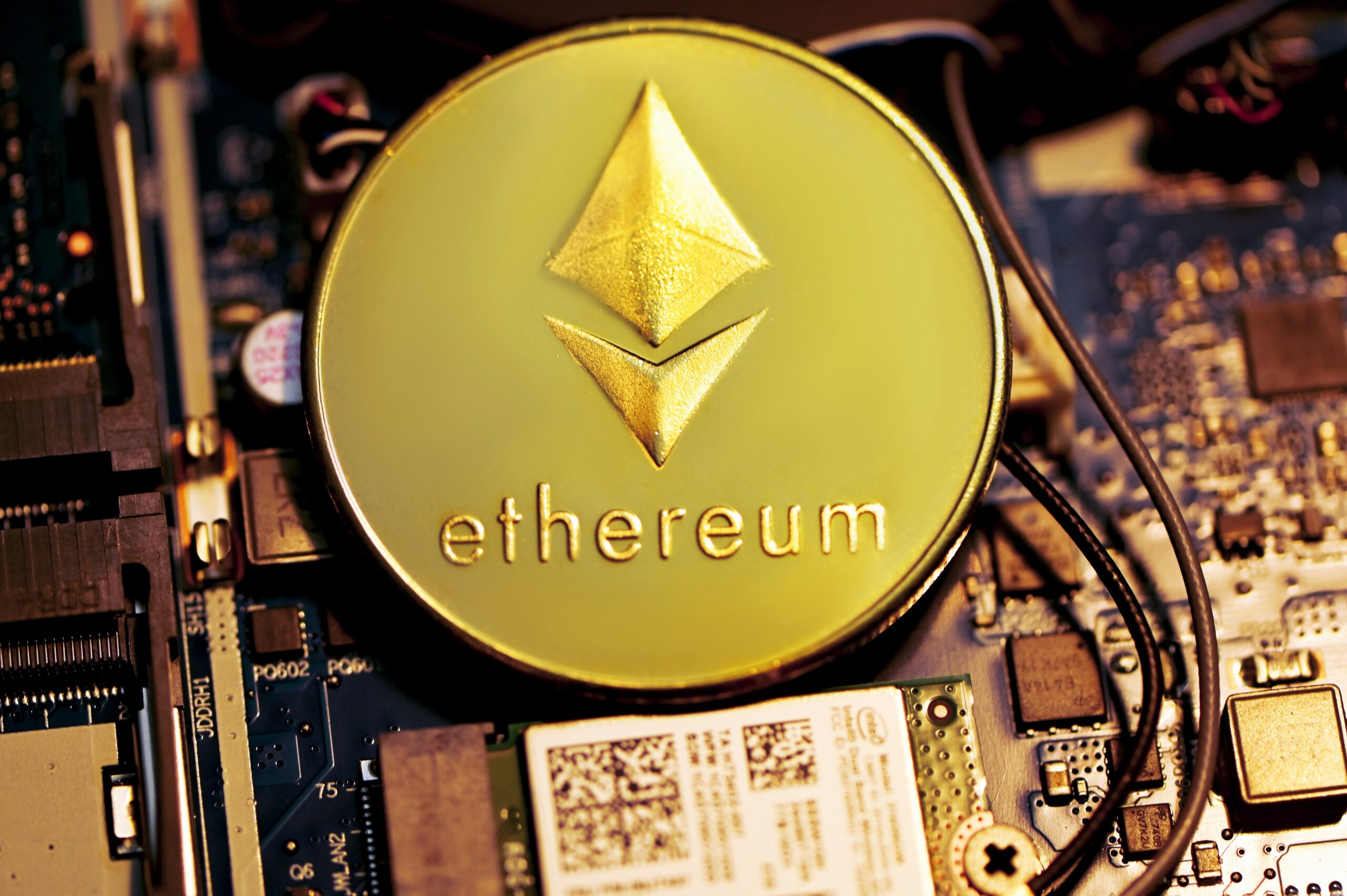
- Ethereum’s Pectra upgrade, set to launch on May 7, 2025, combines the Prague and Electra upgrades to enhance scalability, security, and user experience by introducing features like PeerDAS, Verkle Trees, and “Smart Accounts.”
- The upgrade aims to reduce transaction fees, tackle network congestion, and streamline smart contract deployment, marking Ethereum’s first major upgrade since Dencun in March 2024.
Ethereum’s core developers have confirmed that the long-awaited Pectra upgrade will go live on the mainnet on May 7, 2025. The announcement follows a seamless final test on the Hoodi testnet, marking the culmination of weeks of coordination and resolving technical issues.
What Is the Pectra Upgrade?
Pectra is a dual-layer hard fork combining the Prague and Electra upgrades, designed to enhance Ethereum’s scalability, security, and user experience. This marks Ethereum’s first major upgrade since Dencun in March 2024. During the All Core Developers Consensus (ACDC) call #154 on April 3, developers confirmed client releases for April 21, with an official mainnet announcement scheduled for April 23.
Key Features and Enhancements
The upgrade introduces numerous technical enhancements, including Peer Data Availability Sampling (PeerDAS) and Verkle Trees. PeerDAS allows nodes to verify transactions without storing full data, while Verkle Trees optimize storage efficiency and support stateless clients. These advancements are part of over 20 Ethereum Improvement Proposals (EIPs) bundled into the upgrade.
Notably, Pectra will double Layer 2 data blob capacity to six blobs, reducing transaction fees and introducing “Smart Accounts.” These accounts enable users to bundle transactions and pay fees in stablecoins like USDC. The upgrade also includes EIP-7702 for account abstraction and EIP-7922, which introduces dynamic validator exit limits. Phase 2, expected in late 2025 or early 2026, will activate additional advanced features.
A Boost for Ethereum’s Ecosystem
Pectra builds on the Dencun upgrade’s proto-danksharding, accelerating roll-up transactions. Rigorous testing on the Sepolia and Holesky testnets has ensured readiness, with the latter serving as a rehearsal for validator operations. The upgrade aims to tackle long-standing challenges like network congestion and high gas fees while improving interoperability between Ethereum’s execution and consensus layers.
Ethereum’s core teams will finalize client software by April 21, focusing on PeerDAS functionality. Developers emphasized that the timeline remains flexible, but Hoodi’s successful trial has instilled confidence. Weekly ACDC and ACDE calls will track progress leading up to the May launch.
The Pectra upgrade is poised to redefine Ethereum’s capabilities, offering a faster, more secure, and user-friendly experience. If successful, it could solidify Ethereum’s position as the go-to blockchain for decentralized applications and financial solutions.




